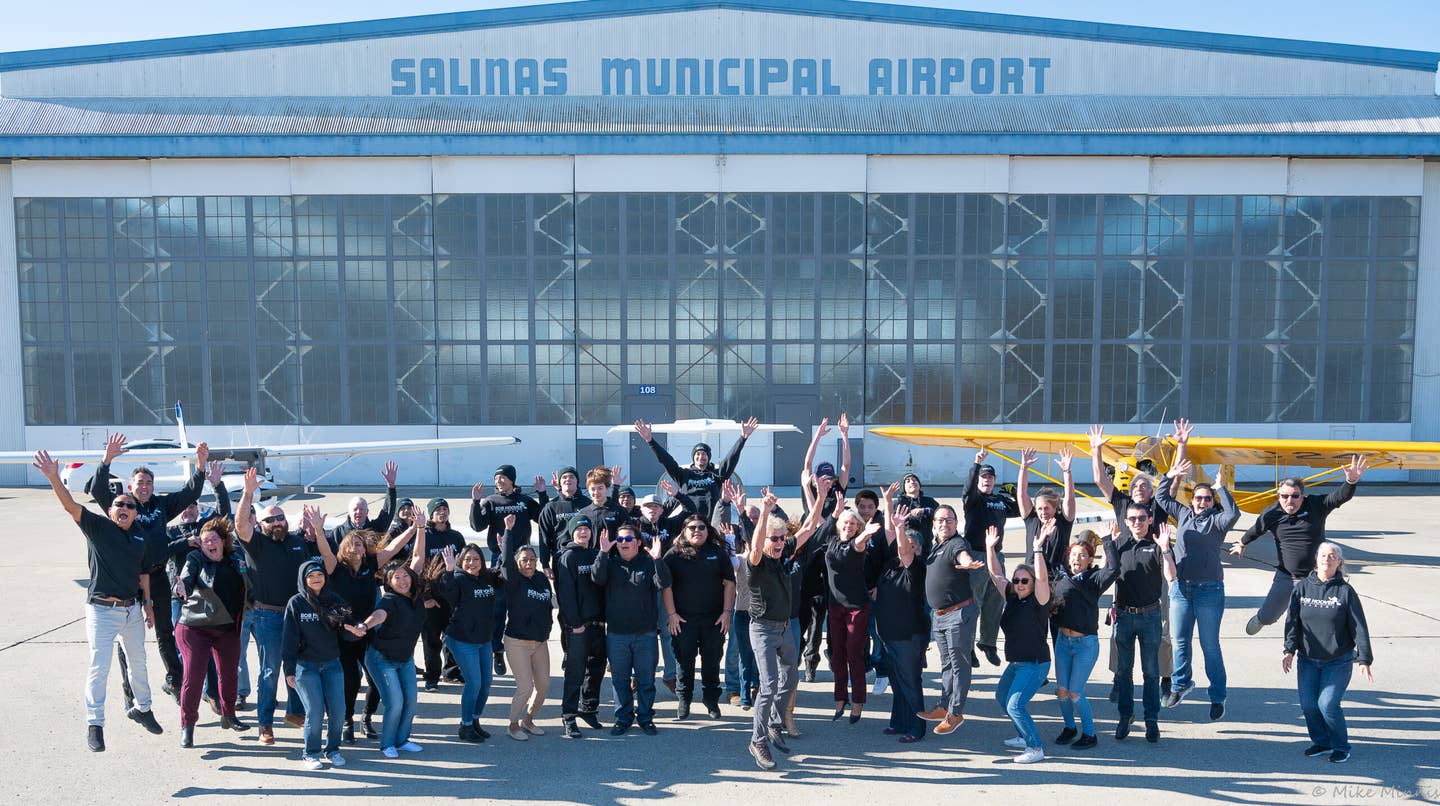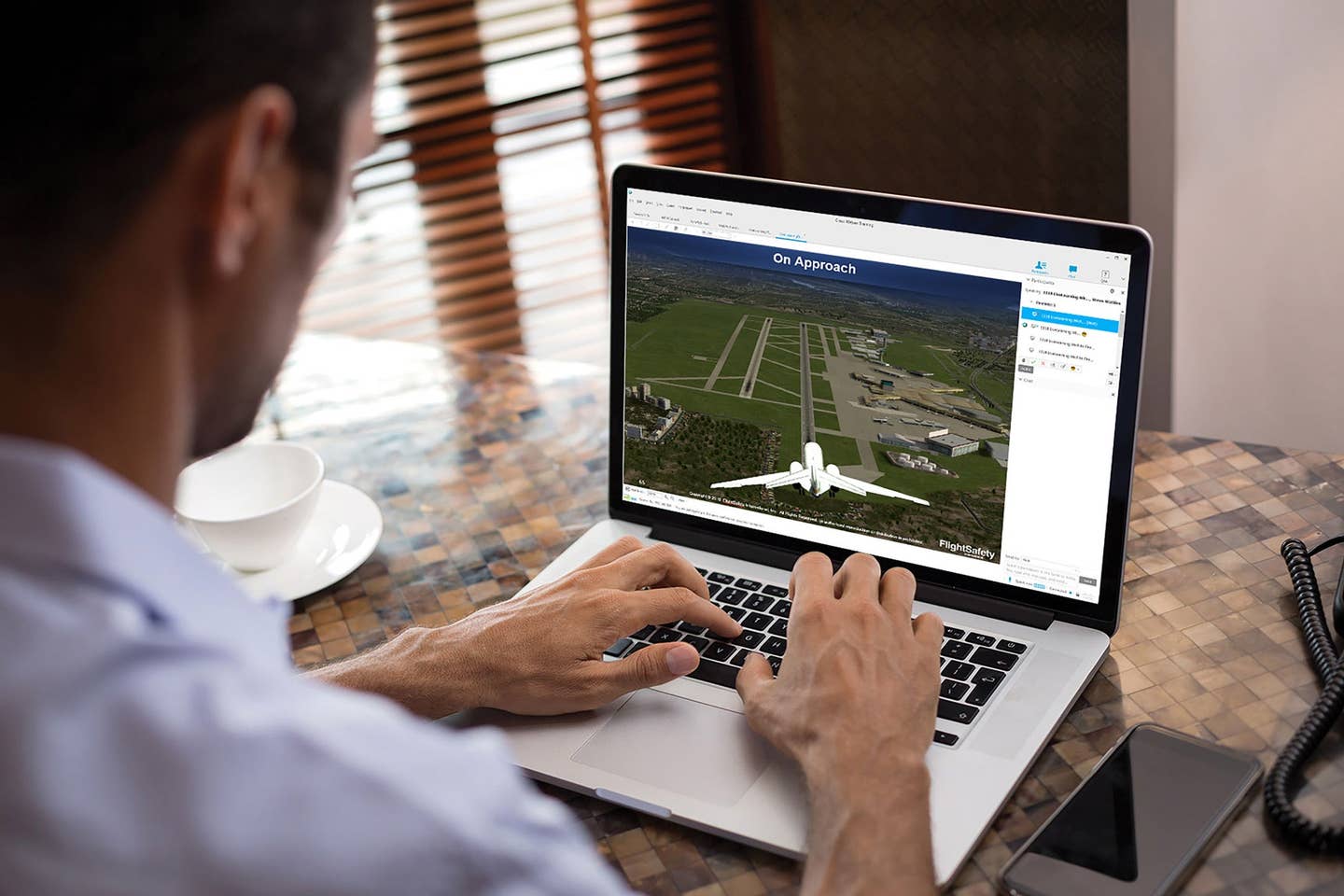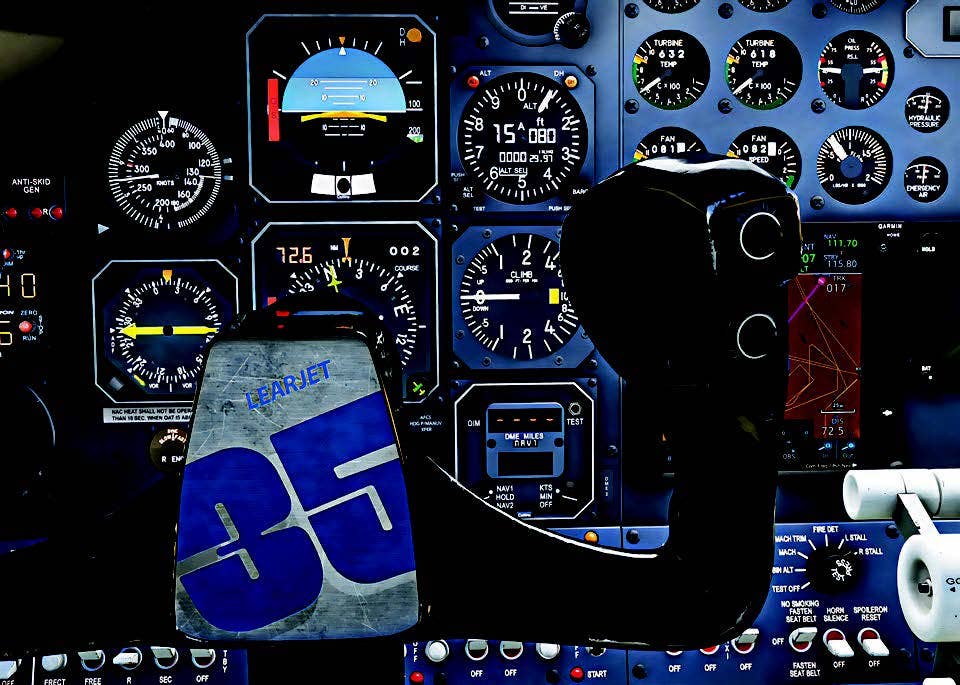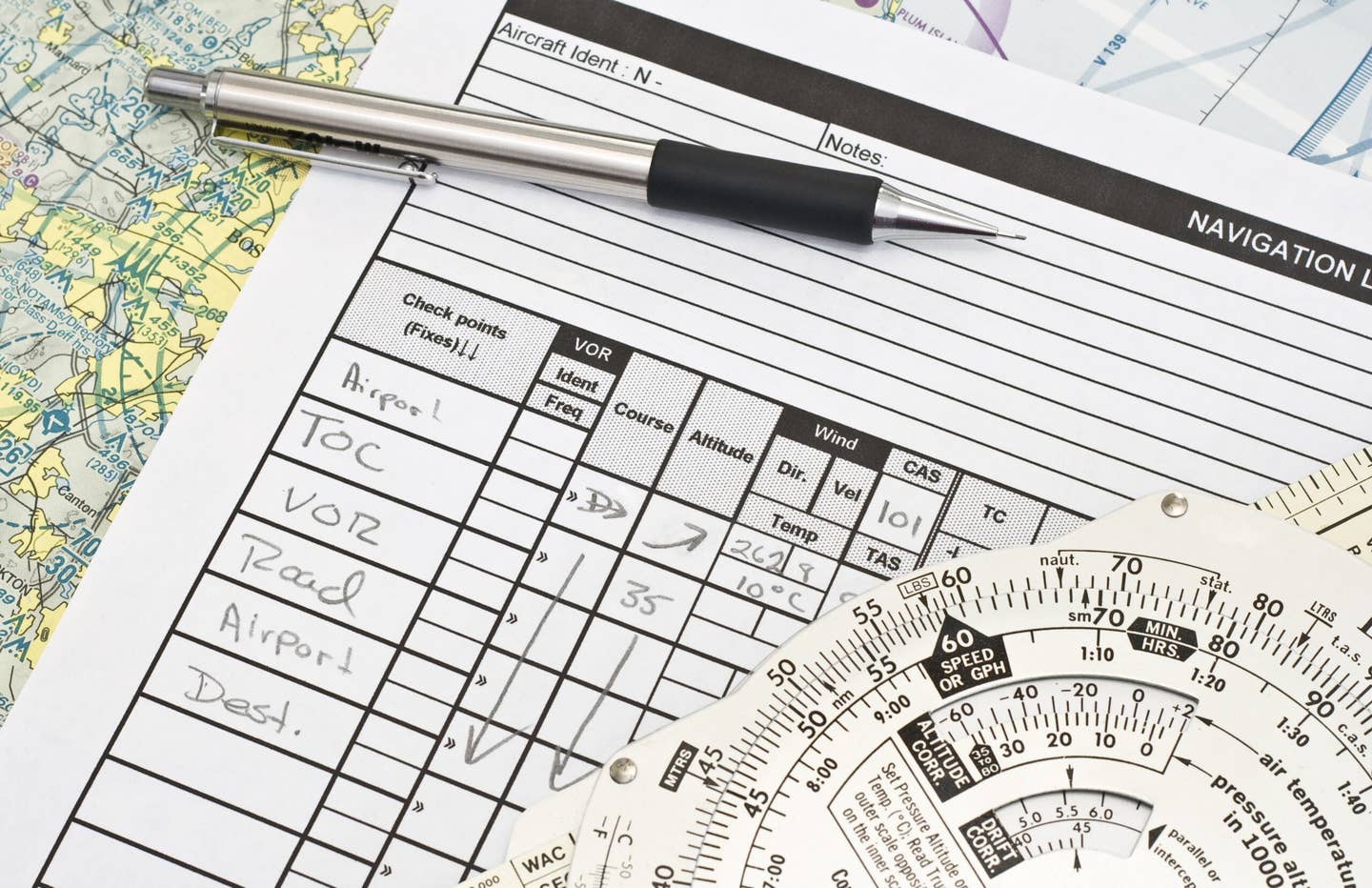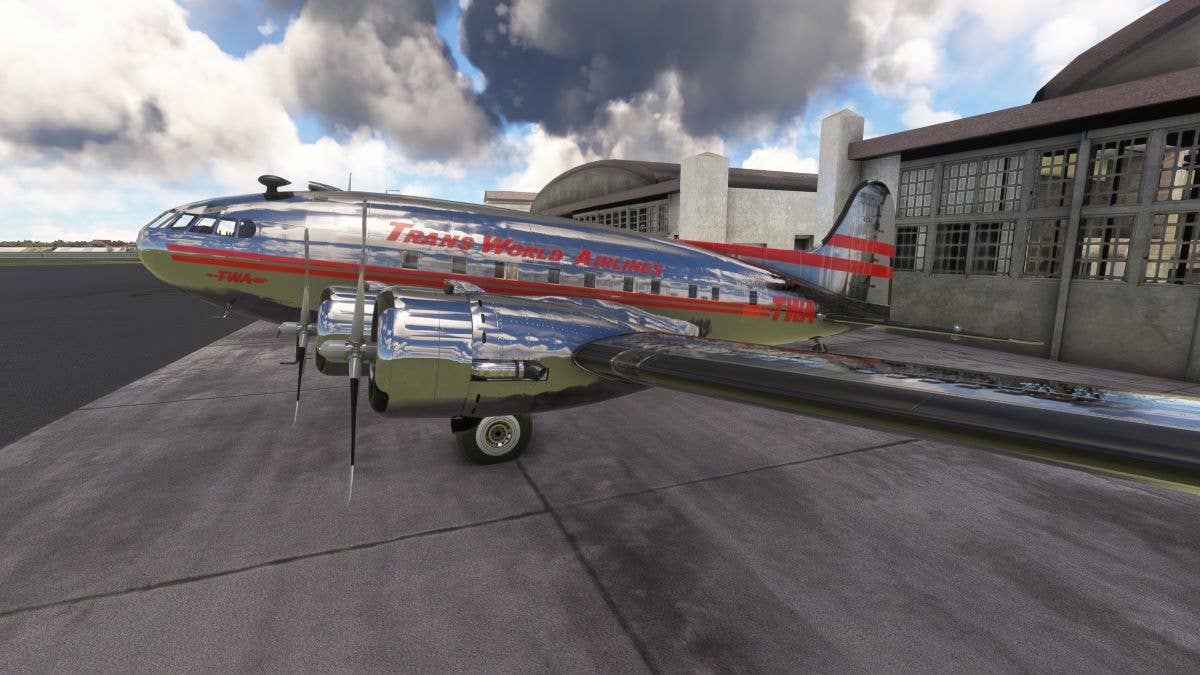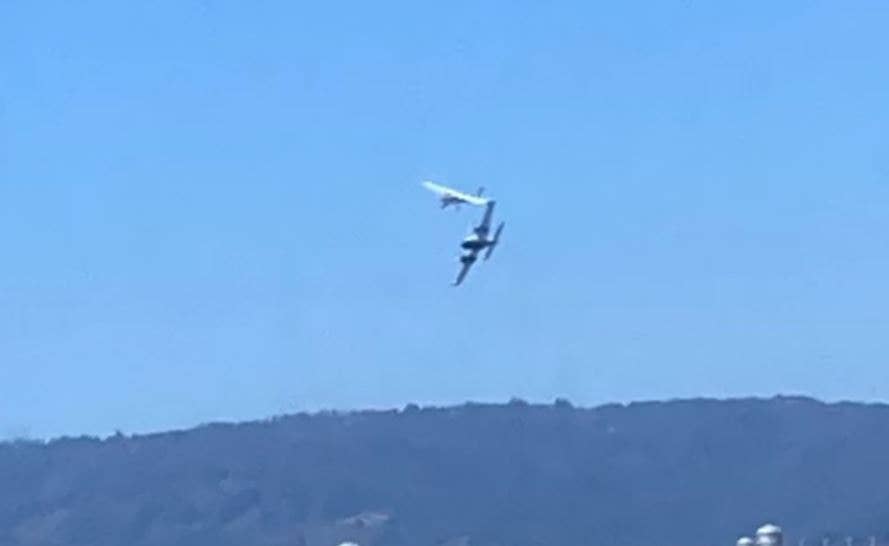If You Want to Be an Airline Pilot, Do You Need a College Degree?
Should you go straight to accelerated flight training? It’s not as simple as you think.
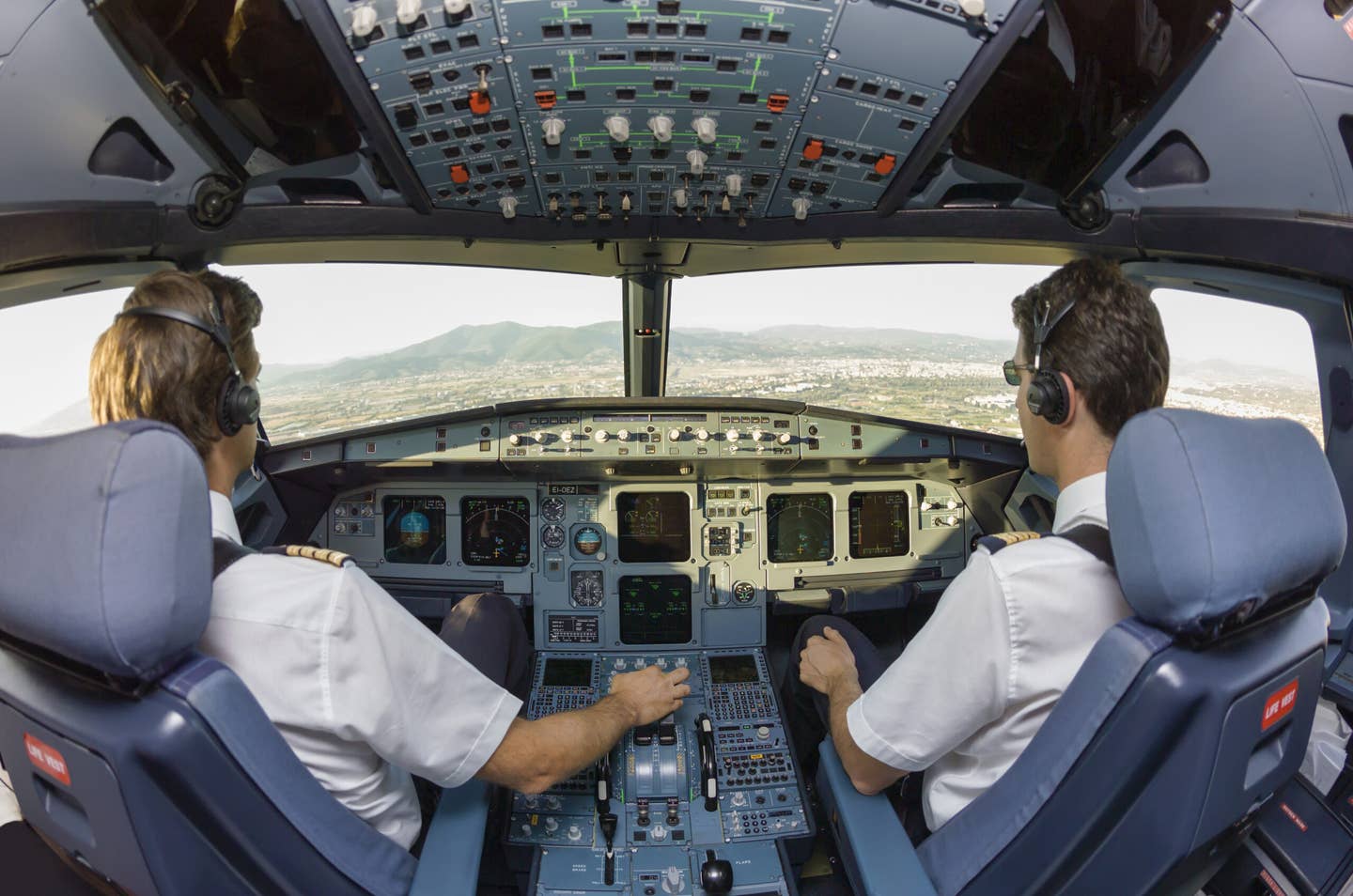
[File photo: Shutterstock]
Growing up in a lower-income family in Minnesota, I never gave much thought to college. My parents didn’t attend, nobody in my extended family had a degree, and to the limited amount of contact I had with “rich kids,” college seemed to be part of their world, not mine. But then I fell in love with flying and quickly discovered that all the major airlines required their pilots to have a four-year degree. So I begrudgingly incorporated college into my plans, ended up mostly enjoying it, and went on to have a pretty typical career path for a 2002 grad, with 12 years from graduation to major airline.
That was then. We are in a vastly different pilot training, recruiting, and hiring environment right now, and it’s still rapidly evolving. Every time I come to work there are new stories about fresh-faced new hires in their early to mid-20s; I’ve already flown with a few. I’ve also flown with people involved in our recruiting, interviewing, and young-pilot mentorship programs, and they report that our efforts in these areas are changing by the day.
One of the latest bombshells was my airline dropping its long-standing requirement that pilot applicants have a four-year college degree. We were one of the last holdouts; our hiring department had long weighted education rather heavily (placing particular emphasis on GPA, honors, timeliness of degree completion, and postgraduate study). But now, as our post-COVID hiring reaches an absolutely frenetic pace and as we compete with all the other major airlines for a dwindling candidate pool, previously immutable requirements have fallen by the wayside. At this time the only airline still requiring a bachelor’s degree is FedEx; everywhere else it is a “preferred qualification.”
So what does this mean to you, the aspiring pro pilot? Should you chuck the college applications and go straight to accelerated flight training? I hesitate to recommend doing so. The preference is not going away even if the requirement is: given two otherwise identical candidates, recruiters at major airlines will always hire the one who has a degree. I do think college has value in producing well-rounded individuals, people with whom I enjoy sharing the cockpit for a four-day trip. I definitely think a slower pace of training has value, as do formal classes on aviation topics versus ad hoc ground training alternating with written test prep. Accordingly, the 1,500-hour rule for airline hiring has an exception for those with a bachelor’s degree in aviation (1,000 hours).
And yet, college has become extraordinarily expensive. Four years of tuition, flight fees, and room and board at Embry-Riddle Aeronautical University is now more than $260,000. A flight degree at my alma mater is over $210,000, and even many of the smaller collegiate programs are pushing $200k. If your parents are able and willing to foot that bill, count yourself lucky; many cannot, and it’s an eye-watering amount of debt to take on early in life. Meanwhile, accelerated flight training from PPL through MEI at a flight academy like ATP Flight School is “only” around $90k, and can be done even less expensively at smaller schools.
And then there’s the time commitment. Four years is significant in today’s hiring environment. At the end of those four years, if you’re really diligent and work hard (instructing the last 18 months), you might have 1,000 hours and be able to go straight to a regional airline. Meanwhile, someone on the non-college path could be qualified for a regional and start building turbine time after only two years. In times of rapid hiring, two extra years could cost significant seniority at your ultimate airline, and yield a vastly inferior career trajectory.
There’s one problem with the case for skipping college: it assumes that today’s hiring trajectory continues unabated for the next four to six years, and that the majors are still desperate for candidates when you have the flight time to qualify. However, in the very possible event of an economic slowdown that pauses major airline hiring for a year or more, there will be a significant buildup of qualified candidates at the regionals and national carriers, and the majors will go right back to requiring (or strongly preferring) pilots with a 4-year degree when they start hiring again. You could find yourself “stuck” without a degree.
This assumes you want to work for a major passenger or cargo airline. Not everyone does. Perhaps you know that your goal is to fly corporate or air taxi or for a national airline like Spirit or an ACMI carrier like Atlas. In that case, yeah, I’d probably skip the degree at this point. But if your ambition is to fly for the likes of United or Delta or FedEx, I’d still hedge my bets. Even if you don’t get your degree right away, you should keep yourself in a position to get one if/when the job market tightens, and it becomes a requirement again.
The other big factor for you might be age. If you’re still in your teens and will be 18 at high school graduation, going to college starts to make more sense because 21 is the minimum hiring age at most regional airlines. If you’re able to get your PPL and a year’s worth of college credits done in high school (though AP classes or community college; many states pay for this), you can decrease both the cost and time requirement of a degree. It may take only a little more time and $30,000 to $50,000 over going the non-college route.
Here’s the interesting thing: the major airlines have never required an aviation degree. A philosophy major is equally valid for “checking the box!” That opens up options that allow you to separate flight training and college, doing the former immediately and the latter as time and finances allow. Remote-campus, distance-learning, and online programs have made it increasingly possible to chip away at your degree while still working full-time. I’ve had several friends complete bachelor’s degrees through Embry-Riddle’s well-regarded online program while they were at the regionals, often doing coursework while sitting on reserve.
There’s one other important piece to this puzzle. All the major airlines are currently developing, or have already deployed, alternative pilot pipeline programs. Some are similar to the European airlines’ ab-initio academies; others are working with collegiate flight programs to “hire” pilots while they’re still in college and provide a seamless pipeline from university to the regionals to a major airline. These could change the calculus once again, and I’ll have more to say about these programs in future installments of V1 Rotate.

Subscribe to Our Newsletter
Get the latest FLYING stories delivered directly to your inbox

